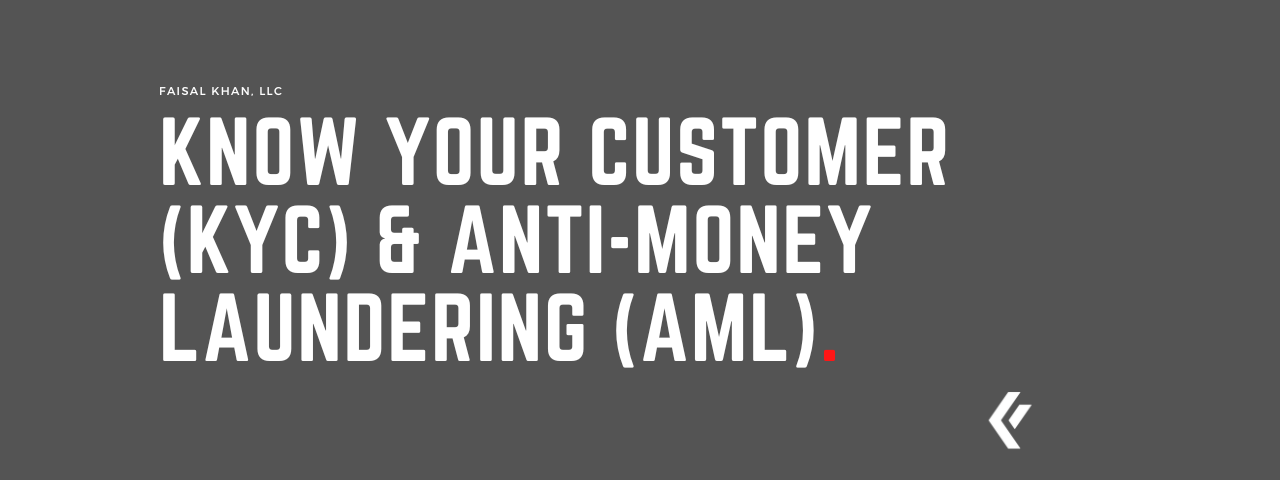AML (Anti-Money Laundering) and KYC (Know Your Customer) checks are two critical components of a compliance program in the financial services industry. They are designed to prevent financial institutions from being used to facilitate money laundering, terrorism financing, and other illegal activities, and to ensure that financial institutions have accurate and complete information about their customers.
AML checks are aimed at identifying and preventing money laundering activities by analyzing transactions, customer behavior, and other relevant data to identify and report any suspicious activities to the appropriate authorities. This involves implementing procedures and controls to monitor transactions, detect and report suspicious activities, and maintain records of all transactions and reports.
KYC checks, on the other hand, are focused on ensuring that financial institutions have accurate and complete information about their customers, including their identity, source of funds, and intended use of the funds. This information is used to determine the customer’s risk profile and to implement appropriate due diligence and monitoring procedures to mitigate the risk of fraud, money laundering, and other illegal activities.
The scope of AML and KYC checks can vary depending on the nature of the financial institution and the type of customer. For example, high-risk customers, such as those from countries designated as non-cooperative by the Financial Action Task Force on Money Laundering, may require more extensive due diligence and monitoring.
In conclusion, AML and KYC checks are essential components of a compliance program in the financial services industry. They are designed to prevent financial institutions from being used for illegal activities and to ensure that they have accurate and complete information about their customers. Financial institutions should regularly review and update their AML and KYC procedures to ensure that they remain effective and relevant, and that they comply with applicable laws and regulations.
—
This page was last updated on February 9, 2023.
–

